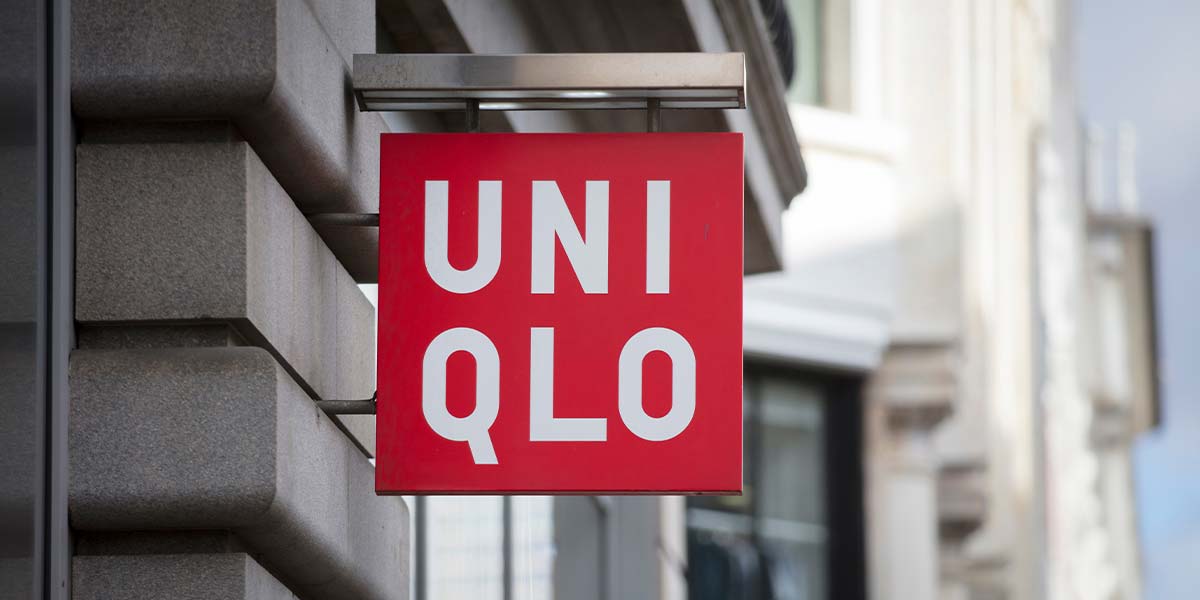Japan’s Fast Retailing Co. Ltd., the parent company behind clothing giant Uniqlo, reported its fourth straight year of all-time high profits, overcoming notable challenges from U.S. tariffs, according to a statement released Thursday.
Operating profit for the fiscal year ended August reached JPY 564.3 billion, marking a 13% increase from the previous year’s JPY 500.9 billion. The result outpaced both Fast Retailing’s own guidance of JPY 545 billion and the JPY 546 billion consensus estimate compiled by 16 analysts polled by LSEG.
Looking ahead, Fast Retailing expects operating profit to rise further in the year through August 2026, projecting JPY 610 billion.
Uniqlo, which started as a single Hiroshima storefront 41 years ago, now operates more than 2,500 outlets globally. The retailer, known for affordable fleeces and cotton shirts largely manufactured in China and other Asian countries, has shifted its growth strategy towards North America and Europe as economic conditions in China—its largest overseas market with roughly 900 stores—have softened.
However, this push has encountered obstacles due to tariffs from the Trump administration. Fast Retailing cautioned in July that the impact of U.S. tariffs would intensify later this year, necessitating price increases in the American market.
Subsequently, Tokyo and Washington agreed to set a 15% tariff on most Japanese imports, which is an improvement over an initially proposed 25% rate. The precise effect of this agreement on Uniqlo’s U.S. sales remains unclear, given that most of its products destined for America are made in South and Southeast Asia.
Fast Retailing also continues to enjoy tailwinds from a depreciated yen, currently at its weakest against the dollar since February and at a record low versus the euro. The weaker currency enhances the company’s earnings from abroad when converted to yen, while a resurgence of inbound tourism has fueled tax-free shopping at domestic Uniqlo stores.
Despite these advantages, founder Tadashi Yanai—Japan’s wealthiest individual—still faces formidable rivals such as Zara-owner Inditex and H&M in his quest to dominate the global apparel market. Intense competition from online disruptors like Shein and Temu has also intensified in recent years.





